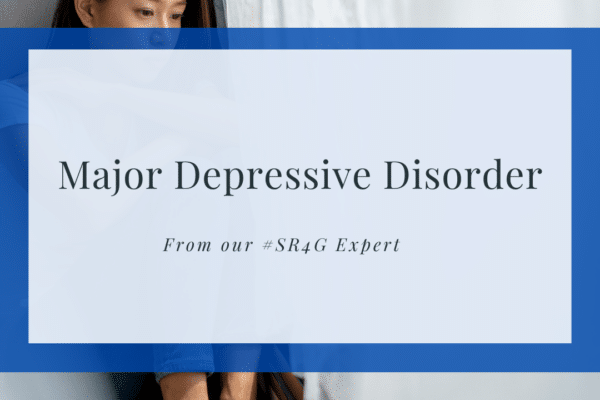
In today’s fast-paced world, the spotlight on mental health has never been more essential. While conversations around anxiety, depression, and stress management are becoming increasingly prevalent, there’s one aspect of mental health that often remains in the shadows: eating disorders.
Eating disorders encompass a range of conditions characterized by abnormal eating habits and severe distress or concern about body weight or shape. These disorders, which include anorexia nervosa, bulimia nervosa, and binge-eating disorder, can have devastating effects on both physical and mental well-being.
One of the most significant challenges surrounding eating disorders is the stigma attached to them. Unlike some other mental health conditions, eating disorders are often misunderstood or overlooked. Society’s obsession with body image and unrealistic beauty standards only serves to exacerbate the issue, creating a culture where individuals feel ashamed or embarrassed to seek help.
However, it’s crucial to recognize that eating disorders are not a choice or a lifestyle; they are serious mental illnesses that require professional treatment. Without intervention, they can lead to severe health complications, including heart problems, osteoporosis, and even death.
So, what can we do to promote mental health awareness around eating disorders?
First and foremost, we must break the silence. By openly discussing eating disorders and their impact, we can help dismantle the stigma and encourage those struggling to seek support without fear of judgment.
Education also plays a vital role. It’s essential to educate ourselves and others about the signs and symptoms of eating disorders so that we can recognize them in ourselves or loved ones and intervene early.
Furthermore, we must advocate for accessible and affordable mental health services. Too often, individuals facing eating disorders encounter barriers to treatment, whether due to financial constraints or a lack of resources in their community. By advocating for better mental health care infrastructure, we can ensure that everyone has access to the support they need.
Finally, practicing self-care and promoting body positivity can help create a more supportive environment for those struggling with eating disorders. By fostering a culture that celebrates diversity and emphasizes health and well-being over appearance, we can empower individuals to prioritize their mental and physical health.
In conclusion, mental health awareness around eating disorders is crucial for creating a more compassionate and supportive society. By breaking the silence, educating ourselves and others, advocating for accessible treatment, and promoting body positivity, we can work together to support those affected by eating disorders and pave the way for a healthier future.


